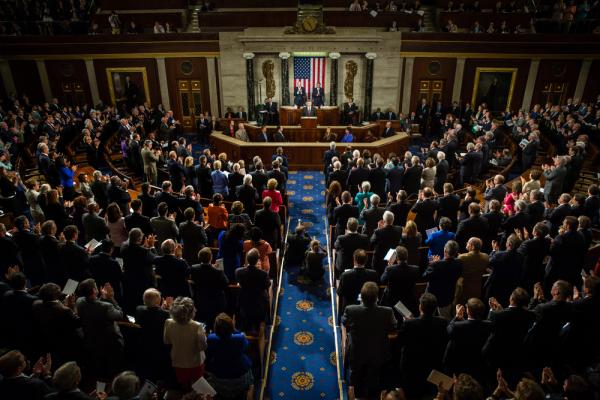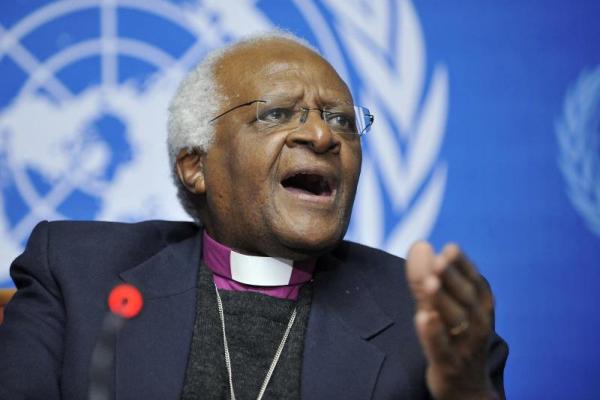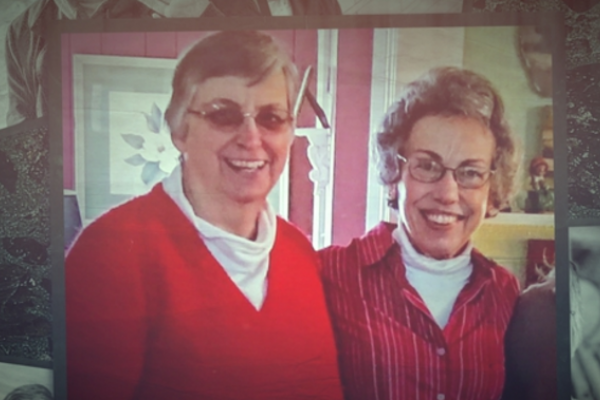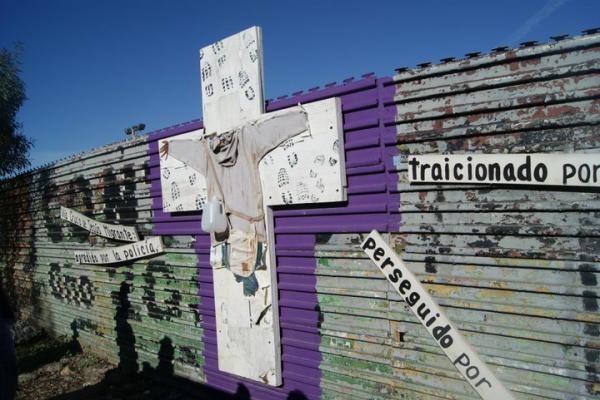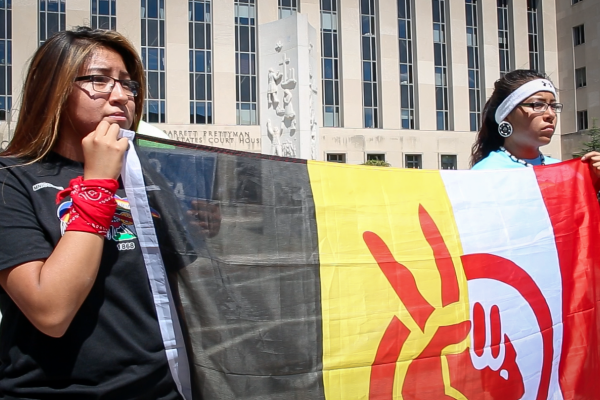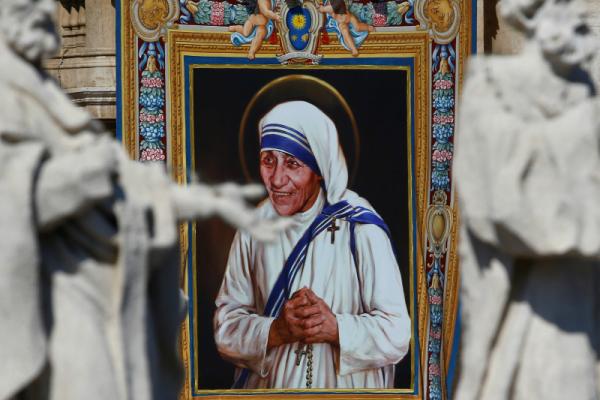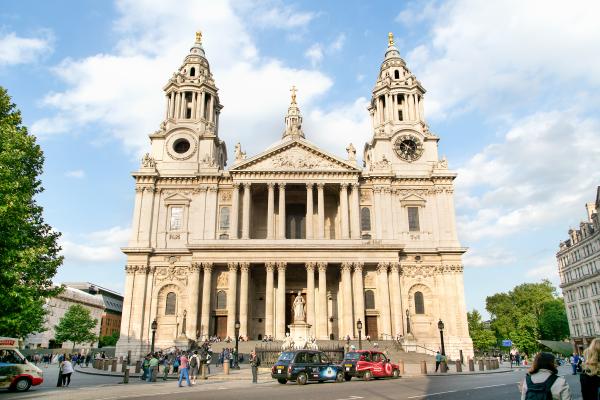In a 399-0 vote, a bipartisan bill to ensure sexual assault survivors in federal criminal cases have rape kits administered in all cases passed on Tuesday. According to The Hill, the bill also protects survivors from having to pay for any evidence collection and survivors would be allowed to request preservation of any evidence for the maximum statute of limitations.
Singer and songwriter Sia recently released a stunning music video for her song “The Greatest,” featuring Kendrick Lamar, that appears to be a tribute to the victims of the Pulse nightclub shooting in Orlando, Fla. in June.
In the video, dancer Maddie Ziegler leads a group of 49 dancers in an energetic dance routine, 49 also being the number of people killed in the shooting at the gay nightclub.
"‘Ubuntu’ is very difficult to render into a Western language. It speaks to the very essence of being human … it also means my humanity is caught up, is inextricably bound up, in theirs. We say, ‘A person is a person through other people.’"
While America’s population is becoming less white and while gender diversity is transforming workplaces, white male leadership persists at most evangelical parachurch organizations — the thousands of nonprofit businesses that carry out various kinds of Christian ministry.
Only one of 33 major national organizations contacted for this article is led by a woman — Jane Overstreet at Development Associates International. And only three are led by nonwhite males.
The human faces of the poor in Mississippi called to Paula and Margaret to love and serve. They responded and found the Divine. While they remained faithful to their Roman Catholic traditions and religious congregations, they needed the “other.” As Emmanuel Levinas, the French philosopher, has taught, “The Divine can only be accessed through the human other to whom the self is infinitely responsible.” With their advanced degrees, years of exceptional service and dedication, they could have gone anywhere. But they needed the people of Mississippi. And the people of Mississippi needed them. “The dimension of the divine opens forth from the human face."
We can no longer turn a blind eye to what profit margins do to prisoners, more and more of whom are from vulnerable populations. We are called to dismantle the corrupt justice system of mass incarceration. Ending private prison profiteering is a critical step towards restorative justice for all.
Now is not the time for fracking oil – a pipeline destined to leak, another broken treaty, or further racist, heartless disregard for a people who have already suffered unconscionable cruelties. Now is the time for intensive care for a dying world. It is also a time for reparations – to the indigenous tribes of this land, to African Americans, and to all those around the world on the receiving end of our violence. By reparations, I mean not just compensation, but real healing of relationships. War, arrogance and greed have pulled us all to the brink of destruction, and only cooperation, humility and generosity can save us.
Mother Teresa, the tiny nun who devoted her life to the poor, was declared a saint by Pope Francis at the Vatican as he celebrated her “daring and courage,” and described her as a role model for all in his year of mercy.
At least 120,000 people crowded a sun-drenched St. Peter’s Square for the canonization of the acclaimed nun who may have worked in the slums of Kolkata but was a force to be reckoned with by political and religious leaders around the world.
Nicholas Chamberlain, the bishop of Grantham, has come out as the first Church of England bishop to openly acknowledge he is gay. Chamberlain, 52, said in an interview with the Guardian published Sept. 2 that he is living with a man and in a long term loving relationship, though it does not involve sex.
The Guardian predicted that Chamberlain’s announcement “will be embraced by campaigners for equality but is likely to alarm conservatives who fear the church is moving away from traditional teachings.”
A sign that hung in the volunteer room at Shanti Dan quoted Mother Teresa, reading, “I pray each one of you to be holy and so spread [God’s] love everywhere you go. Light [God’s] light of truth in every person’s life so that God can continue loving the world through you and me.”
This was not just a commission for those serving in Kolkata. Poverty, violence, hatred, sadness, hopelessness, crime, greed, darkness, jealousy exist in our homes across the world. And Mother Teresa was known for encouraging people to serve their neighbors in their hometowns or wherever they are called, striving to love each person as God loved us.
